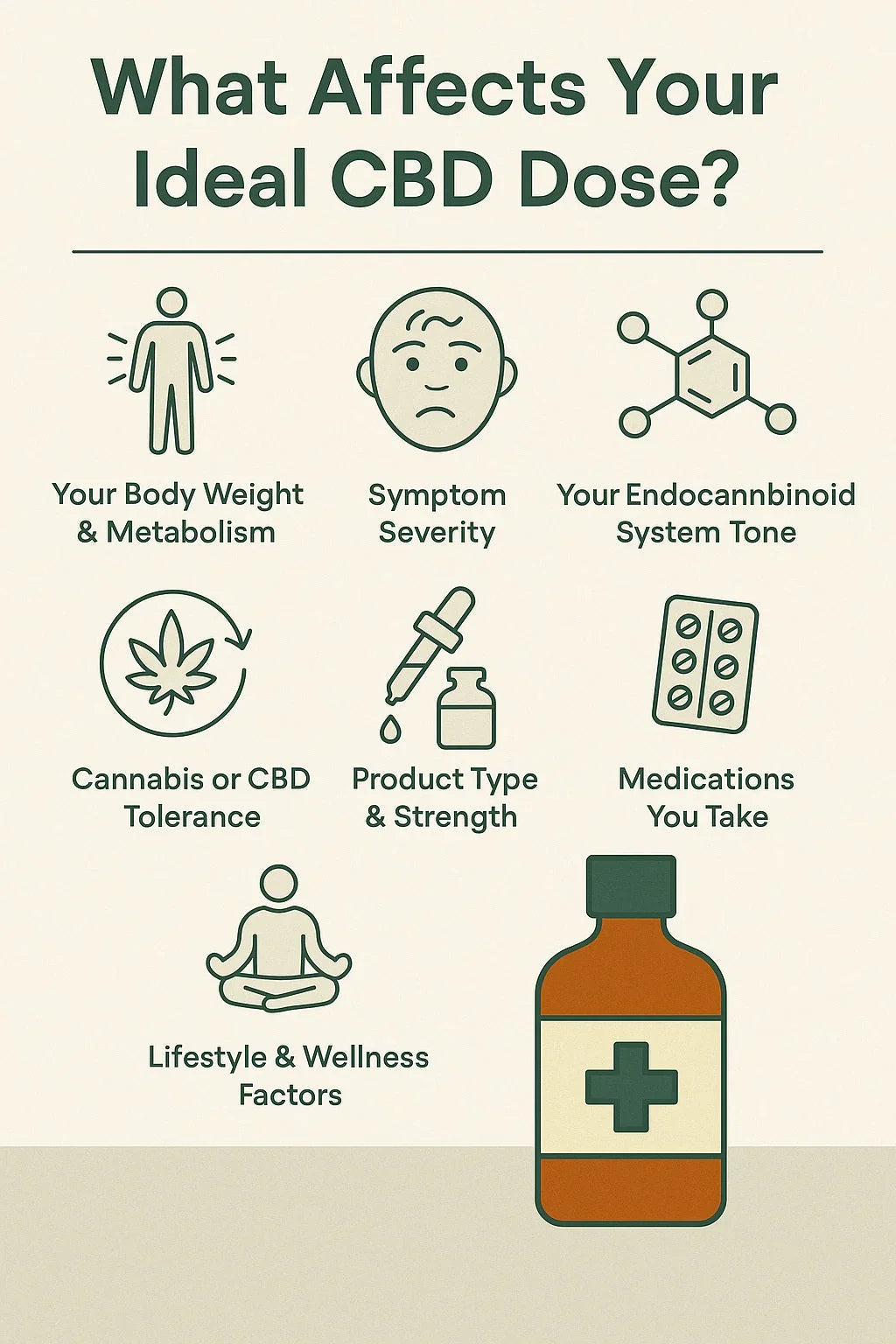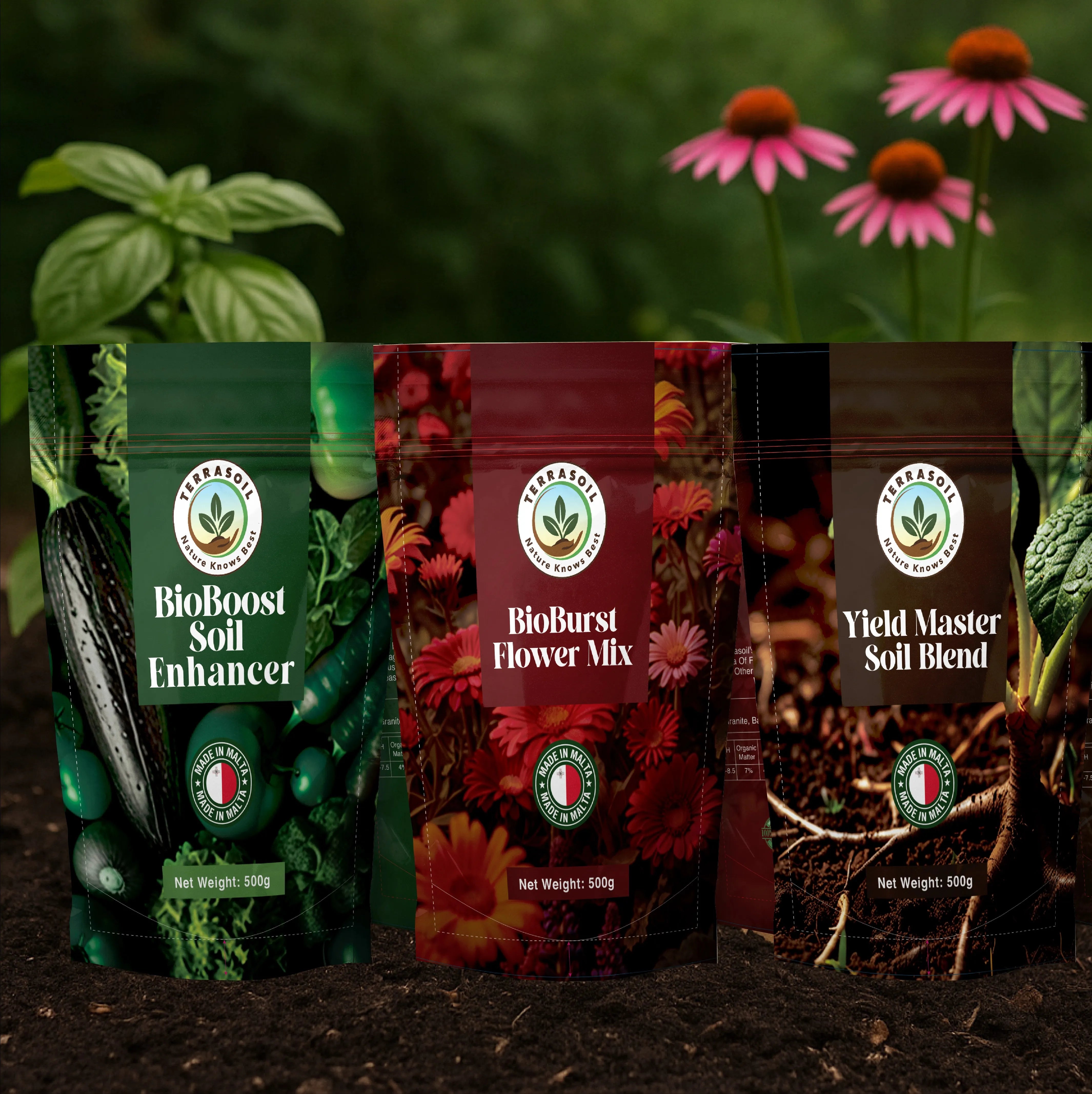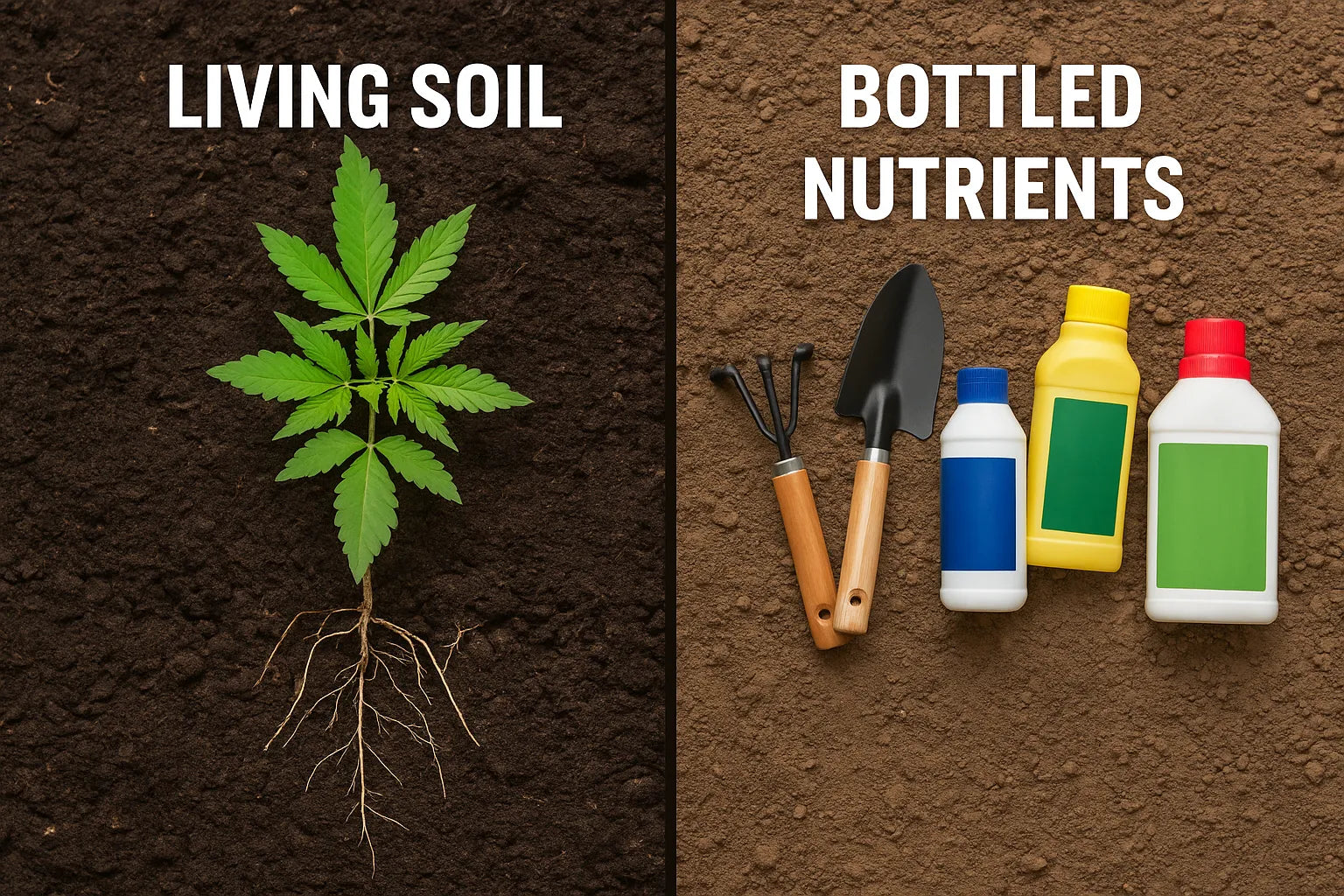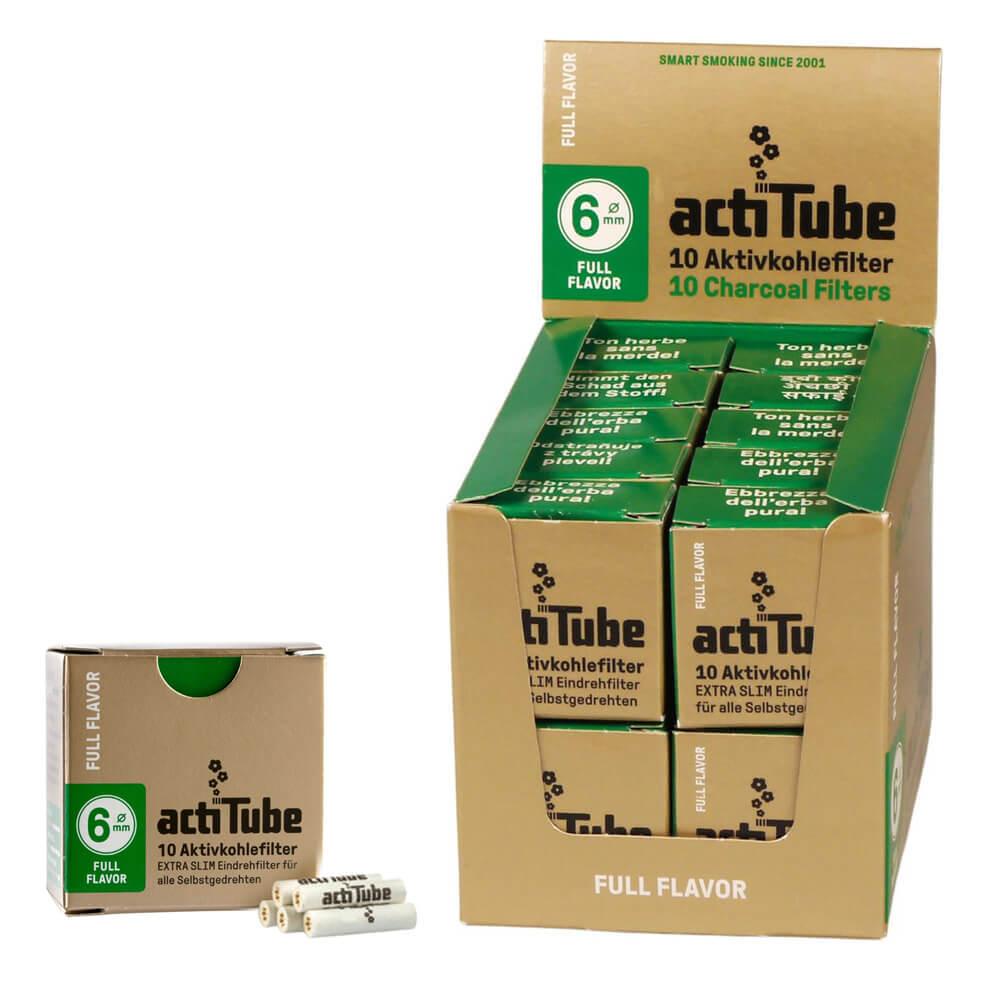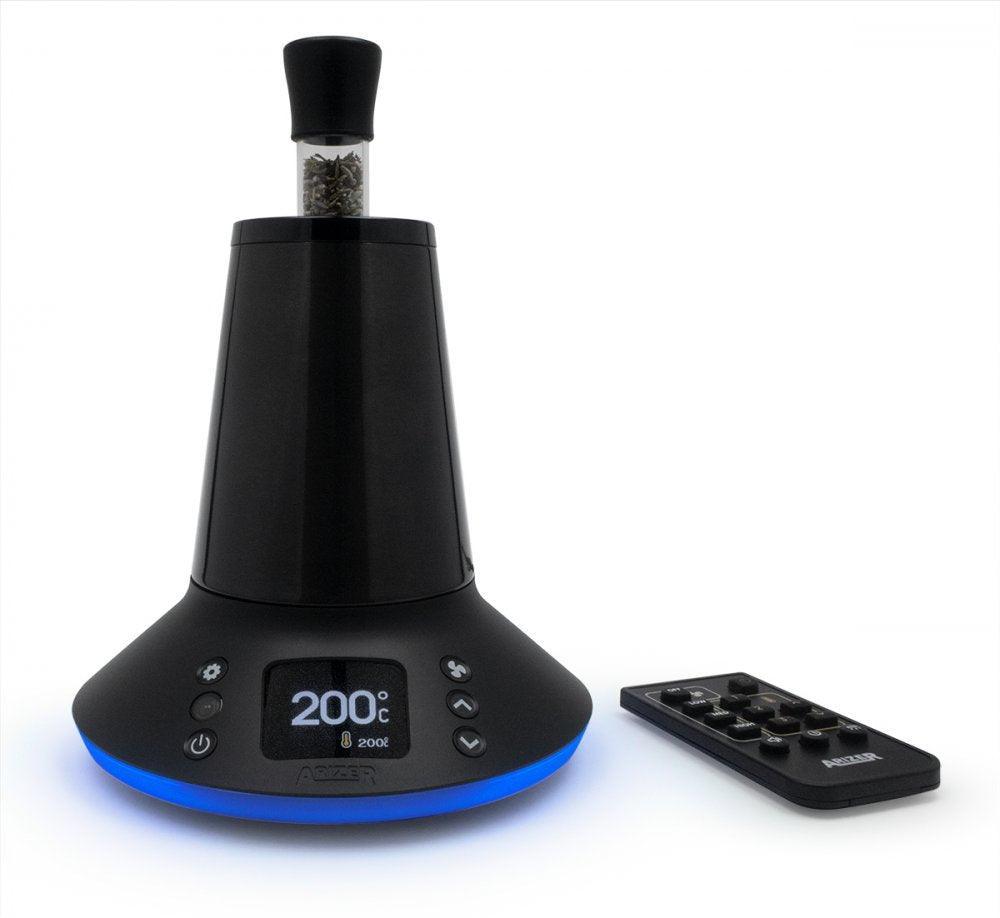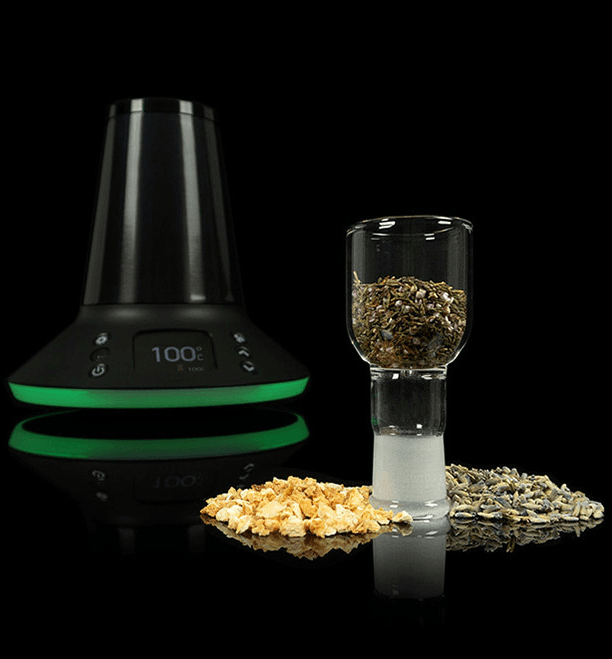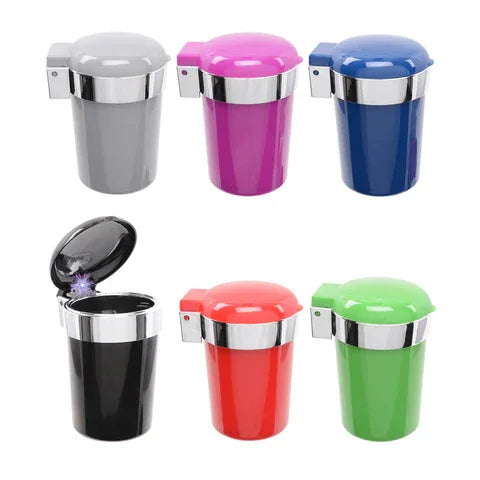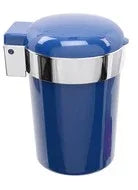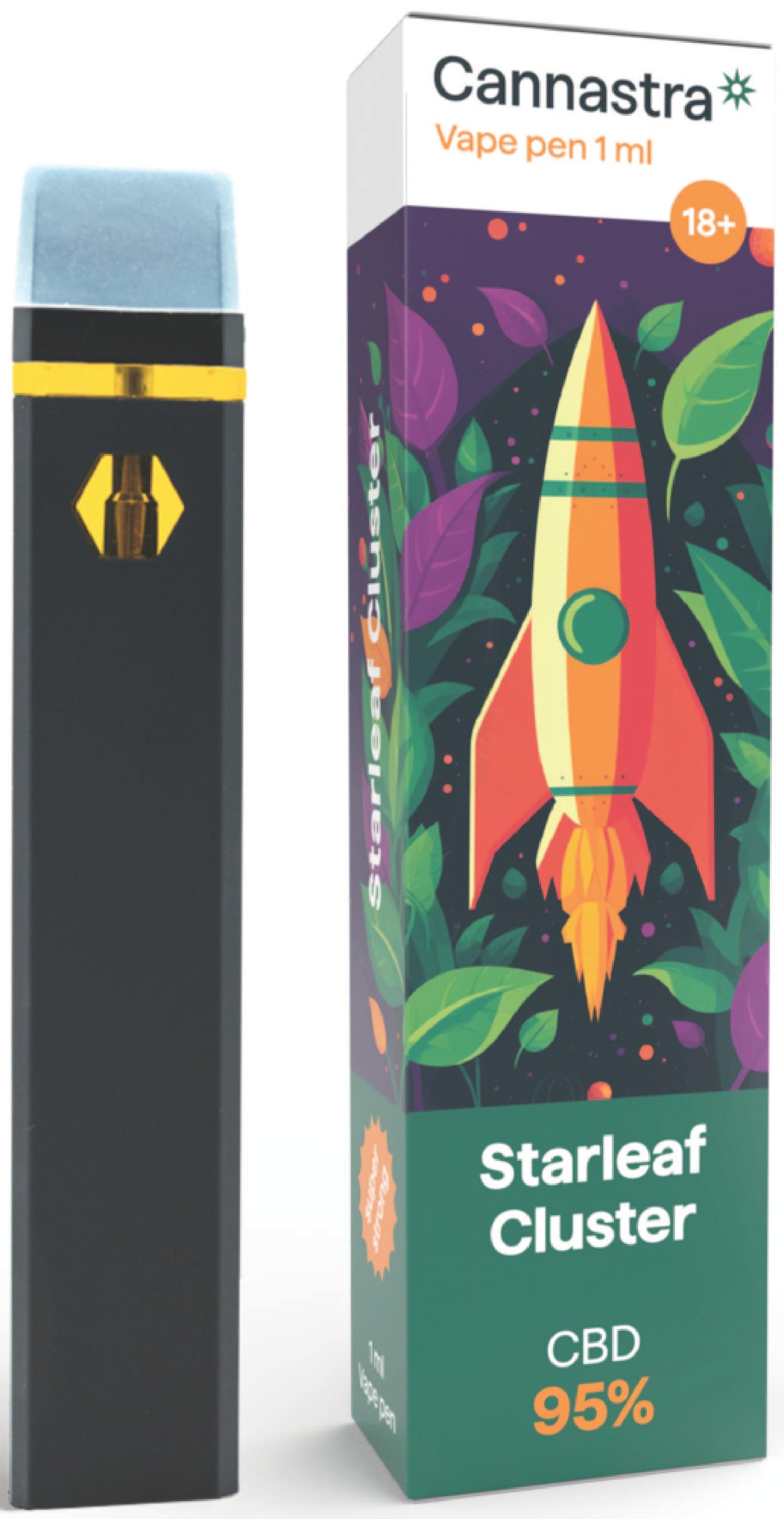Għaliex Id-Doża Tiegħek ta' CBD Mhix L-istess Bħal Dik ta' Ħaddieħor
Probabbilment smajt il-frażi “ibda bil-mod, mur bil-mod” meta niġu għall-CBD imma x'ifisser dan verament?
Il-verità hi, id-dożaġġ tal-CBD huwa ħafna individwali. Id-doża ideali tiegħek tista' tkun ħafna differenti minn dik ta' xi ħaddieħor, anke jekk qed tieħdu għall-istess raġuni bħal rqad, ansjetà, jew infjammazzjoni.
F'dan il-post, se ngħidulek dwar is-7 fatturi ewlenin li jaffettwaw kemm CBD jista' jkollok bżonn fil-ġisem tiegħek.
🧬 1. Piż tal-Ġisem Tiegħek u Metaboliżmu
Ġeneralment, nies b'piż tal-ġisem akbar jew metaboliżmu aktar mgħaġġel jistgħu jeħtieġu dożi ogħla ta' CBD biex iħossu l-istess effetti.
Gwida approssimattiva użata f'triali klinici għall-epilepsija hi 2–5 mg għal kull kg ta' piż tal-ġisem kuljum, għalkemm il-biċċa l-kbira tal-pazjenti ma jeħtiġux dan sakemm ma jkunux qed jittrattaw kundizzjonijiet severi.
🔥 2. Severità tas-Sintomi
Xi ħadd li juża CBD għal stress ħafif ta' kuljum jista' jibbenefika minn 10–25 mg kuljum, filwaqt li xi ħadd li jmexxi infjammazzjoni kronika jew uġigħ jista' jeħtieġ 50–100+ mg kuljum għall-aħjar riżultati.
📌 Aktar ma jkun imxarrab l-bilanċ intern tiegħek, aktar jistgħu jkunu evidenti l-effetti regolatorji tal-CBD.
🌐 3. Ton tal-Systema Endocannabinoid Tiegħek
Is-systema endocannabinoid (ECS) jgħin jirregola l-burdata, rqad, risposti immuni, u l-uġigħ. Jekk l-ECS tiegħek ikun barra mill-bilanċ minħabba stress kroniku, traġedja, jew infjammazzjoni, tista' teħtieġ aktar appoġġ inizjalment minn CBD full-spectrum.
🌿 4. Tolleranza għall-Kannabis jew CBD
Jekk użajt CBD jew kannabis regolarment, tista' teħtieġ doża inizjali ogħla biex tinnota l-effetti.
Jekk int newbie għall-CBD, ibda b'doża aktar baxxa biex tkejjel is-sensittività tiegħek.
🧴 5. Tip u Qawwa tal-Prodott
Mhux il-prodotti kollha tal-CBD jipprovdu l-istess ammont kull doża.
Eżempji:
-
CBDay Plus 5% = ~1.5mg kull għaġla
-
CBDay Plus 15% = ~4.5mg kull għaġla
-
Kapsuli = ~33.6mg kull kapsula
-
PHE 24% = ~7mg kull għaġla
✅ Dejjem iċċekkja l-lejbel biex tifhem .
💊 6. Mediċini li Tieħu
Il-CBD jista' jinteraġixxi ma' mediċini prescritti, speċjalment dawk li jiġu pproċessati mis-systema enżimatiku CYP450 fil-fwied tiegħek.
Interazzjonijiet potenzjali jinkludu:
-
Antikoagulanti (eż., warfarin)
-
Benzodiazepini (eż., diazepam)
-
Antidepresżivi (SSRIs)
-
Antiepilettiċi (eż., clobazam)
💬 Ikkonsulta ma' professjonist qabel tikkombina CBD ma' dawn il-mediċini.
🧘♂️ 7. Fatturi ta' Stil ta' Ħajja u Benesseri
Influwenzi oħra jinkludu:
-
Kwalità tar-rqad
-
Livelli ta' stress
-
Saħħa tal-imsaren
-
Status tan-nutrijenti
-
Ħiliet ta' kuljum (tpejjip, idratazzjoni, dieta)
Dawn kollha jistgħu jaffettwaw kif il-CBD jiġi assorbit, ipproċessat, u mħoss fis-sistema tiegħek.
✍️ Parir Pro: Segwi l-Vjaġġ Tiegħek
Żomm ġurnal tal-CBD biex tirrekordja:
-
Data tal-bidu u l-prodott użat
-
Doża kuljum
-
Livelli tas-sintomi qabel u wara
-
Kwalità tar-rqad, burdata, enerġija
-
Effetti sekondarji (jekk hemm)
Dawn jgħinuk tidentifika l-Doża Minima Effettiva u tevita li tieħu aktar minn dak meħtieġ.
👉 X'Jinbidel Wara?
🔗 Kompli mal-Parti 3: Kif Tibda Tieħu CBD B'mod Sikur – Gwidi Klinici
Itgħallem l-aħjar mod biex tidħol il-CBD fir-rutina ta' kuljum tiegħek u tevita żbalji komuni.

